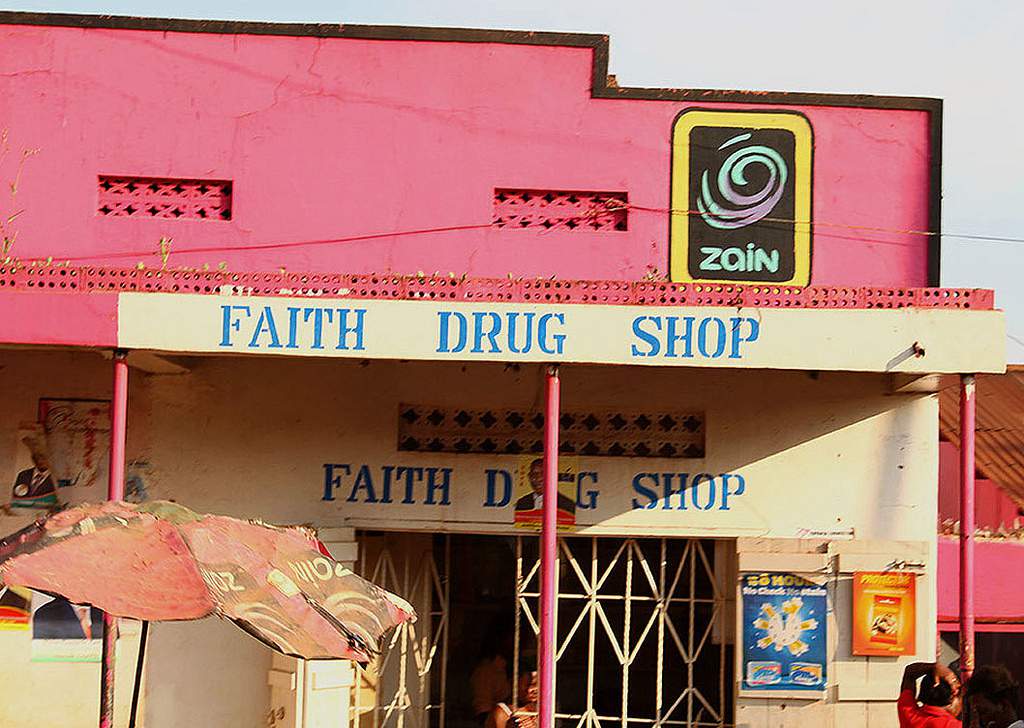The National Drug Authority (NDA) has given the newly established drug shops in Kampala and other highly populated towns a one year period to move to underserved areas or else their licenses will not be renewed.
The move to phase out the drug shops is intended to ensure equitable distribution of medical services to peripheral areas where access is considered lacking.
Donna Kusemererwa, the Secretary of National Drug Authority told the press on Wednesday that this intervention will affect drug shops that don’t meet the mandatory requirement of 1.5 kilometres minimum distance from a pharmacy.
“We have established requirements provided by the National Drug Policy of 2002 and those stipulate that a drug shop must be in a minimum distance of 1.5 kilometres. It is only that we have not previously been strict but we are now going to enforce this,” Kusemererwa told a press conference at Uganda Media Centre.
She said that there was no need for drug shops to mushroom in urban areas where there is already a big footprint of pharmacies which offer wider range of medicines and comprehensive services compares to drug shops.
“We have given them a grace period of this year since we have already licensed them but their licenses won’t be renewed come 2018,” she said.
Whereas NDA acknowledges that urban areas offer good business to these drug shops, Kusemererwa said that there are incentives including lower license fees for those operating in low populated areas.
For example, while it costs Shs 135,000 for a drug shop in Kampala or other municipalities to apply for inspection, in rural areas, the cost goes down to Shs 67,500.
A drug shop is defined by NDA as a retail outlet usually operated by an enrolled nurse or midwife and which offers over the counter drugs. But Kusemererwa noted that a clearly defined designation still lacks between drug shops and clinics which she said has made enforcement difficult.
While drug shops in Uganda are regulated by National Drug Authority, clinics are regulated by other medical councils.
Over the last three years, an average of 8,000 new drug shops have been offered licences by NDA annually. Majority of these are in Kampala and other highly populated urban centres.
“We are aware that an estimated 1,000 drug shops operate without licences. But we are going to close them beginning March,” Kusemererwa said.
She said that NDA has increased its inspectors across its regional offices to 100 as opposed to relying on district health inspectors which has been the case.











